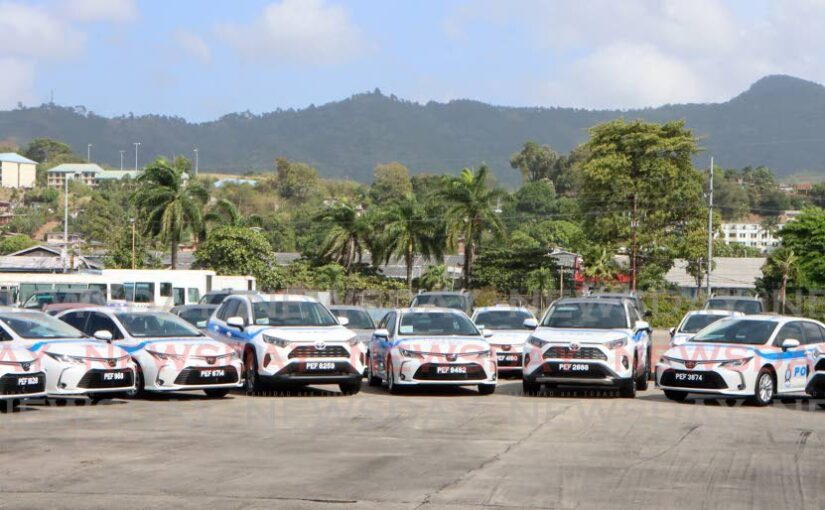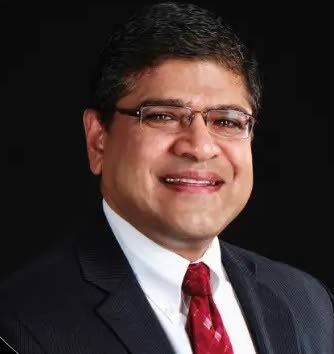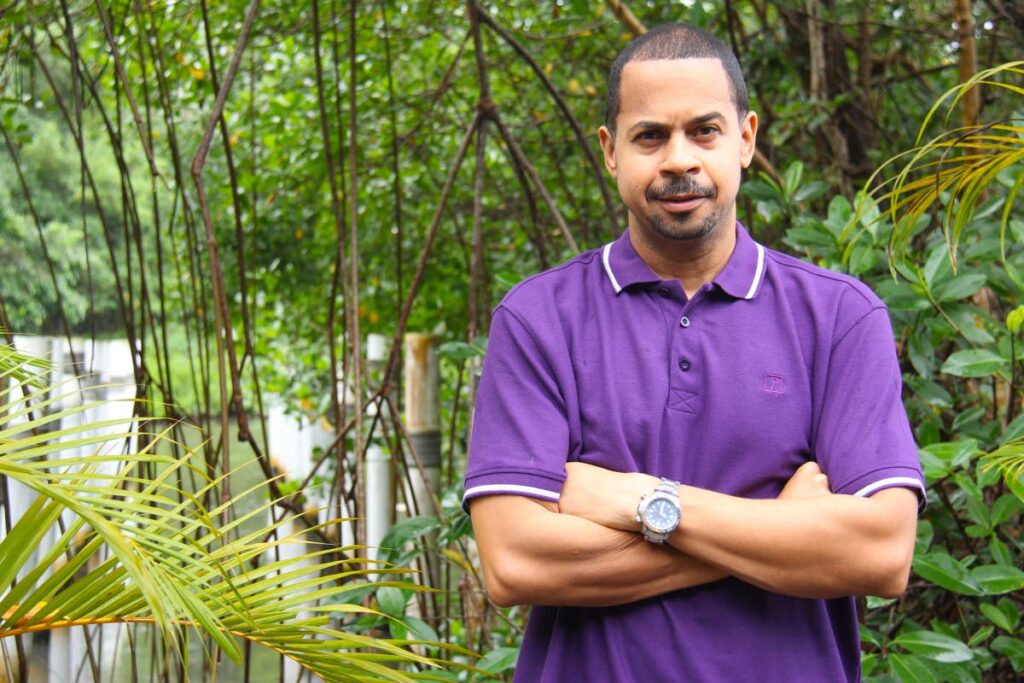Repairing state vehicles
Written by Newsday on October 20, 2024

ON October 16, speaking during the discussion of the Standing Finance Committee of the House of Representatives, the Finance Minister noted that his ministry had asked all ministries to make better efforts to repair and rehabilitate assigned vehicles.
Mr Imbert is clearly aware of the massive graveyard of hundreds of rusting vehicles nestled among the birds and forests bounding the Tamana Intech Park.
In the budget speech, 2,000 new vehicles were promised to the police over the next three years, but Mr Imbert must also be aware that officers are likely to be the major culprits in the destruction of most of those vehicles at Tamana.
The Finance Minister may not have singled out police in his call to ministries to make repair and maintenance a pillar of their vehicle asset management, but others have called on officers to do better.
In 2022, the CEO of the Vehicle Management Corporation (Vmcott) handed over 31 vehicles to the police service, asking officers to treat the vehicles as they would their own.
In 2023, the police service had 2,224 vehicles, 611 of them listed as beyond repair.
Vmcott is the official port of call for state vehicles requiring repair, but it requires private businesses to handle specialist work or to help with its overflow, but is notorious among those business for late payment.
Inshan Ishmael, owner of the Roll-on Roll-off Centre sued the state in 2023 for $2 million he claimed was due for work done between 2018 and 2021.
Vmcott also can’t seem to collect on the payments owed for its work for ministries and other government agencies.
In January, responding to the Public Accounts (Enterprises) Committee, the state agency’s chairman, Lt Col Neil Bennet noted that PTSC had only recently settled a debt of $6.5 million.
Vmcott has debts dating from 2004.
Mr Bennet claimed that “miscreants” were responsible for a studied slackness in pursuing debts prior to 2016, but it’s unclear whether the company will ever fully emerge from the $30 million debt that the new board inherited.
Even more seriously, in 2021, Vmcott executives acknowledged that it could not pay $1.9 million in statutory deductions, defaulting on required fundamentals like NIS, health surcharge and PAYE commitments for its staff.
Before dumping hundreds of new vehicles into a clearly broken repair and maintenance system, it would seem sensible to fix Vmcott and push outward from there to institute regimes of maintenance and mechanical review out to the police stations and officers who have daily responsibility for vehicles.
The Wallerfield automotive graveyard may be out of sight, but it’s not off the national balance sheet.
The short lifespan of police vehicles is both a burden on the treasury, and a burden on citizens seeking help from the police.
The post Repairing state vehicles appeared first on Trinidad and Tobago Newsday.




